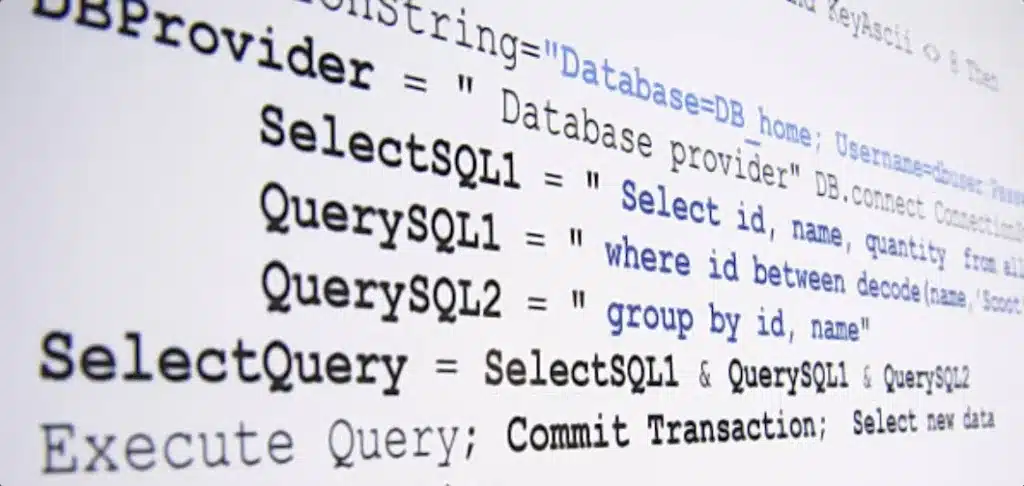SQL files (Structured Query Language) hold code that outlines the structure and contents of a database. Opening a SQL file facilitates the execution of code to modify the database's contents. The SQL file also includes commands for creating content, inserting, deleting, splitting, or updating data. Accessing a SQL file is swift when using MySQL or a text editor.
Use MySQL or a text editor to open a SQL file
To open an SQL file, you need to have suitable software. There is no shortage of choices for this purpose!
The preferred solution is, of course, to securely install MySQL. The second option to consider is opening this type of file using a text editor: Notepad for a Windows computer and TextEdit for a Mac.
However, there are many solutions on the market for opening an SQL file:
- RazorSQL
- DatabaseSpy
- Microsoft Visual Studio
- Sublime Text
- FileMaker Pro
- BBEdit
- SQLEditor
- And many more.
Choose the software that you are most familiar with or have already installed on your machine. For SQL experts, note that it is also possible to open an SQL file and view the database content with software like phpMyAdmin or SQL Server Management Studio.
Once the software is installed, simply right-click, choose “Open with,” and then select the application of your choice.

How do I check the status of my SQL file?
If your file doesn’t open, start by checking that your file indeed has the “.sql” extension. If it doesn’t, please download your document again. If this document was provided by a third party, ask them to provide you with a copy of the document with the correct extension.
The file in question may be infected with a virus. Perform a check using an antivirus or a file analysis system. If the file has been partially downloaded, is damaged, or corrupted, it’s best to request a new SQL file.
How to check for software updates?
Finally, the last point to ensure the opening of Structured Query Language Data Format files is to check the version of the installed software. Regardless of the solution chosen to open your file, make sure that the application is up to date.
Similarly, consider setting this software as the default application for opening an SQL file. To do this, simply check the box that says “Always use this program to open SQL files” on Windows or “this change will be applied to all files with the SQL extension” on Mac.
Conclusion
You can open an SQL file with a text editor or a tool like MySQL. If the file doesn’t open, consider checking for updates for your tool, ensuring the “.sql” extension is correct, and verifying the file’s integrity using antivirus software. You can also try opening it with another software from the list mentioned earlier.










